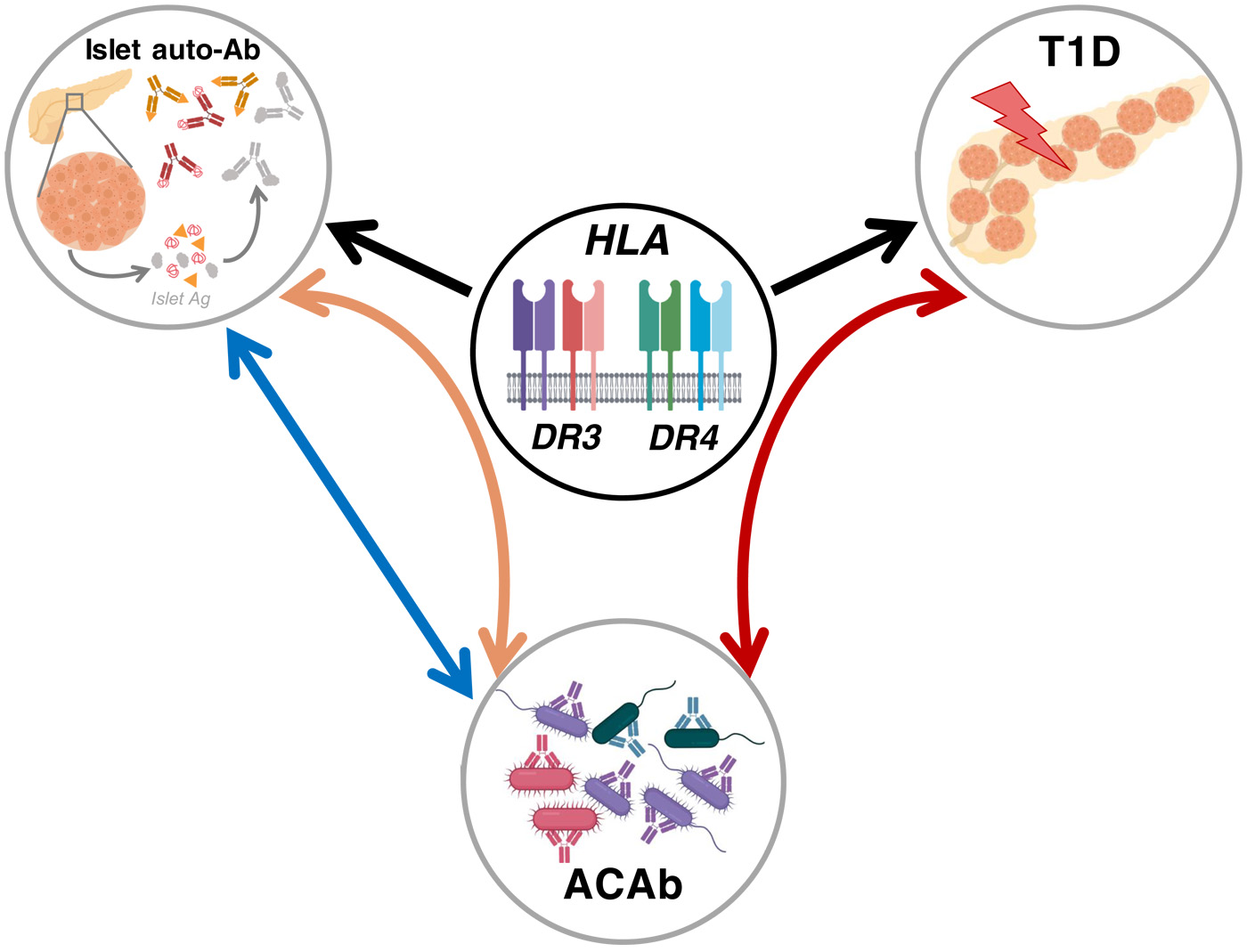
Over the past 50 years, type 1 diabetes (T1D) has increased significantly in many developed countries around the world. There is a genetic component, but genes cannot explain the recent increase in T1D rates, and data suggests that changes in our modern environment have increased the risk for the disease.
The human digestive tract hosts a community of trillions of microbes—called the microbiome—that play an important role in our immune system. Recent studies looking for a link between the gut microbiome composition and T1D onset have found that people with T1D have lower microbe diversity compared to healthy controls. No link, however, has been found between specific bacteria and future disease risk, until now. Published in Science Immunology, the research team led by Breakthrough T1D-funded Jayne Danska, Ph.D., at SickKids in Toronto, Canada, is the first to clearly connect immune responses to gut microbes with the future development of T1D in children.
The researchers investigated patterns of antibody responses detected in the blood from children with recent onset T1D or children with genetic risk factors for the disease. They found that the patterns of antibody responses to gut bacteria in children who were recently diagnosed differed from those without T1D. They also looked at antibody responses in children with genetic risk factors for T1D, and found that the antibody response patterns they observed were strongly associated with a future disease diagnosis. These antibody response patterns were tightly linked with variants in immune cell genes, which are the most impactful genetic risk factor for this disease.
“Our results suggest that the influence of gut microbes on type 1 diabetes is controlled by immune recognition,” says Dr. Danska.
The analysis platform Danska’s group developed may be useful for predicting T1D risk before the disease appears, and for monitoring responses to drugs that seek to balance the immune system. Go here to learn more about our prevention efforts. Until type one becomes type none, Breakthrough T1D will continue to support research which explores making T1D less burdensome and more manageable for the millions of people living with T1D today and tomorrow.